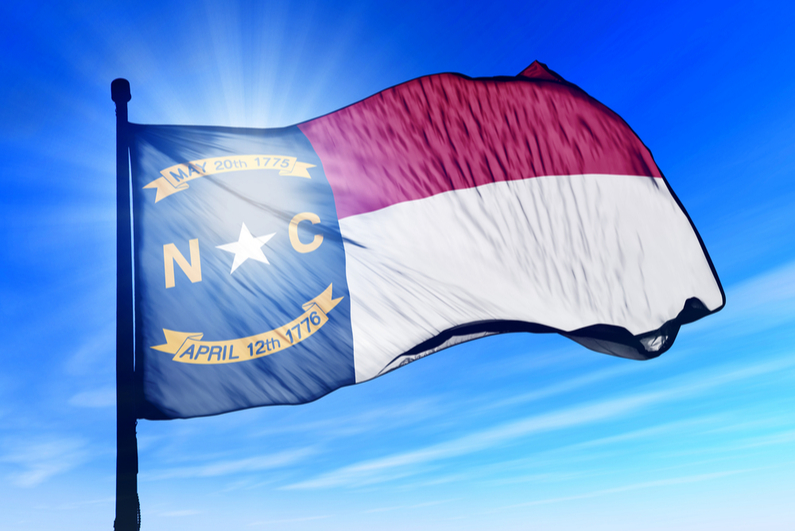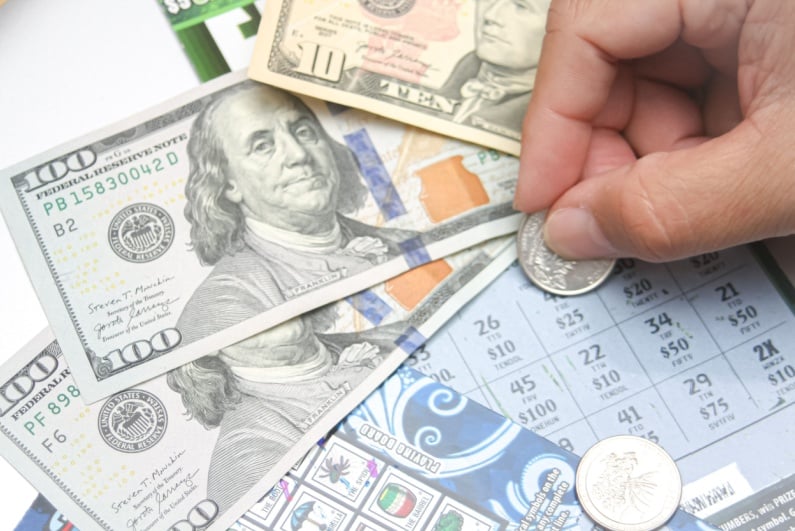30-second summary:
- North Carolina has traditionally been conservative with gambling expansion
- There are two tribal casinos in the state
- Many people are calling for legal sports betting, including Carolina Panthers owner David Tepper
- Senate Bill 154 would legalize sports betting at the two tribal casinos
- Senator Davis is sponsoring the bill and believes it could become law by June
Gambling in North Carolina historically
Like many states in the region, North Carolina has traditionally taken a conservative stance when it comes to gambling. Gambling laws in the state date back to 1749, when the general assembly simply copied an English statute relating to gambling.
The state lottery has been operating since 2006. It offers traditional draw games, as well as scratchcards. Residents can also partake in multi-state lotteries such as Mega Millions.
Non-profits are able to raise funds for their cause through bingo. They need a license to do so and can host only two bingo games per week. They are also able to hold two raffles annually, with no cash prizes of more than $10,000.
There are two tribal casinos in North Carolina, both operated by the only federally recognized tribe in the state.
Harrah’s Cherokee Valley River and Harrah’s Cherokee are under the control of the Eastern Ban of Cherokee Indians. The casinos both lie in Cherokee territory in the Great Smoky Mountains. The tribe also has a high-stakes bingo parlor.
These high stakes games first started in 1982 after a federal decision. As per the Indian Gaming Regulatory Act, the tribe got permission in 1994 to develop a casino facility.
The Harrah’s Entertainment casino opened its doors in November 1997. It began allowing table games in 2012. The second casino, the Harrah’s Cherokee Valley River, began its operations during September 2015.
Video poker was once very popular in North Carolina. However, these machines were banned in 2007. There were once two racetracks in operation, but they were shut down many years ago.
Talk of legal sports betting
Since the Supreme Court vote to end the federal ban on sports betting in May 2018, most states have looked into legalizing sports betting. Many people in North Carolina are keen to see this happen.
With three major league sports teams in the region, it would certainly be a popular move. One of the big pushers for legal sports betting is the owner of the NFL team, the Carolina Panthers.
David Tepper, a billionaire hedge fund manager and recently took over ownership of the Panthers. He believes that the state and its teams would benefit massively from legal sports betting.
During his opening press conference, he said: “You think about the fans and you want to keep the fans in the building. Eventually, it’s going to hit North and South Carolina. It has to, from a revenue standpoint. You have issues with paying teachers and other things down here, and tax revenue, so it’s inevitable.”
There have been a number of pushes to try and introduce legal sports betting in the last couple of years. Now it looks like finally gaining sufficient momentum.
New sports betting bill
North Carolina is considering legal sports betting. Senate Bill 154 was introduced by Senator Jim Davis and stands a good chance of being passed. The bill would legalize sports betting for college and professional sports.
Davis is of the belief that this could get approval after just a month. He doesn’t see any obstacles in the way, meaning that it could be signed into law by June. This is the third bill relating to gambling he has introduced in recent years. He has the support of the Cherokee tribe in North Carolina.
He said: “The Eastern Band are wanting to get into sports wagering, and wagering is legal now after the Supreme Court decision of May of last year overturning PASPA. It’s a legal enterprise and they want to expand to include wagering in my district, so I consented to file the bill and don’t expect it to have any problems getting passed.”
Upon approval, it would allow the two tribal casinos to offer sports betting. The tribe had gone to Davis to request this bill. However, they do not appear to have an interest in allowing online or mobile gambling. There is no mention of these aspects in the bill. Davis believes that the tribe likely does not want this to happen at any time in the future.
Talking about the potential for this bill to pass, Davis says: “I know some people won’t vote for it because they have moral objections to wagering, but I don’t think it will be many. I’m not a fan of it myself, but it’s a legal enterprise and people aren’t forced to do it, so the libertarian in me says to have at it.”




